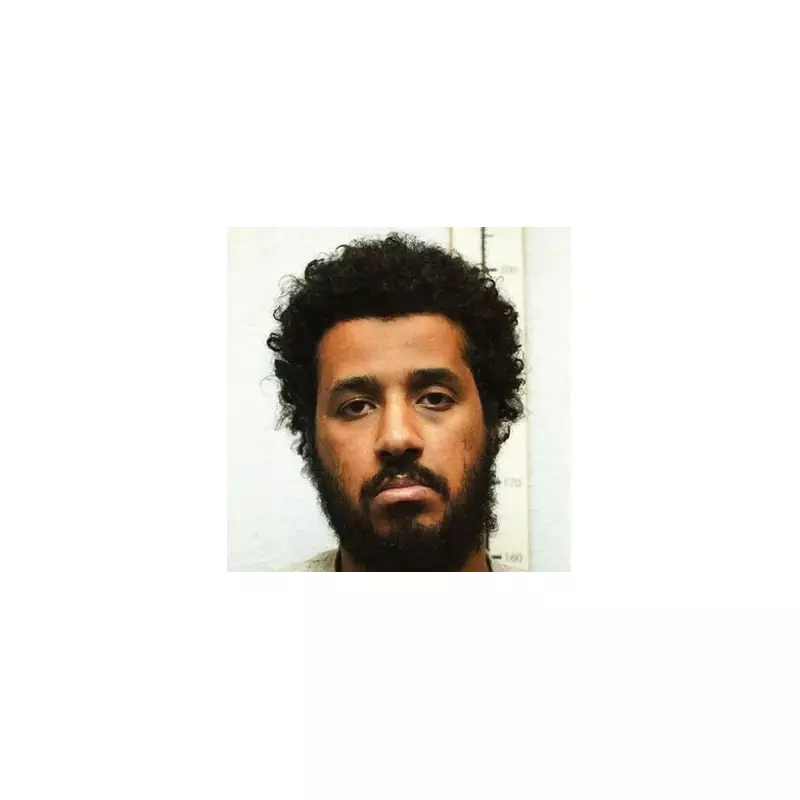
A convicted terrorist dubbed the 'Masked Menace' could be in line for a compensation payout after a High Court judge ruled his human rights were breached when he was held in prolonged segregation in prison.
The Terror Plot and Conviction
Sahayb Abu, 31, from Dagenham, east London, was handed a life sentence with a minimum term of 19 years in 2021. He was convicted at the Old Bailey for preparing terrorist acts after plotting a lone wolf knife attack. The court heard he had discussed guns with an undercover police officer on a Telegram chat group for supporters of the so-called Islamic State.
Abu had attempted to explain his purchase of a black woollen face mask in the height of summer by inventing an alter ego called the 'Masked Menace'. However, a jury found him guilty after deliberating for more than 21 hours.
Prison Segregation and Human Rights Challenge
Last year, Abu was moved to HMP Frankland in County Durham. Following an incident on April 12 where fellow inmate and Manchester bomb plotter Hashem Abedi allegedly attacked several prison officers, Abu was placed in segregation. The prison authorities alleged that Abu required 'restraint' and 'lunged at a prison officer', claims which Abu disputes, stating he was instead attacked by guards.
His legal team argued that his subsequent isolation was unlawful and breached Article 3 of the European Convention on Human Rights, which protects individuals from torture and inhuman or degrading treatment. The Government opposed the legal challenge.
Judge's Ruling on PTSD and Unlawful Treatment
In a judgment delivered on Tuesday, Mr Justice Sheldon found that the segregation 'cannot be justified substantively' and unlawfully interfered with Abu's human rights. The judge stated that the suffering Abu experienced went far beyond the inevitable distress of isolation.
Mr Justice Sheldon highlighted that Abu was diagnosed with post-traumatic stress disorder (PTSD) and severe depression, conditions that were 'seriously exacerbated' by the segregation. Medical experts told the court that Abu suffered from auditory and visual hallucinations, reporting hearing a 'growling man's voice' in his head.
For approximately four months, Abu could only see and speak to other prisoners through his cell window and was allowed just one hour and ten minutes out of his cell each day. The judge noted that the Ministry of Justice failed to provide Abu with necessary therapeutic treatment for his pre-existing trauma and did not obtain an essential mental health assessment.
The judge is now considering whether damages should be awarded to the terrorist. The Government's response to the incident had previously led to announcements that some prison officers would wear body armour and that Tasers would be trialled in prisons.





